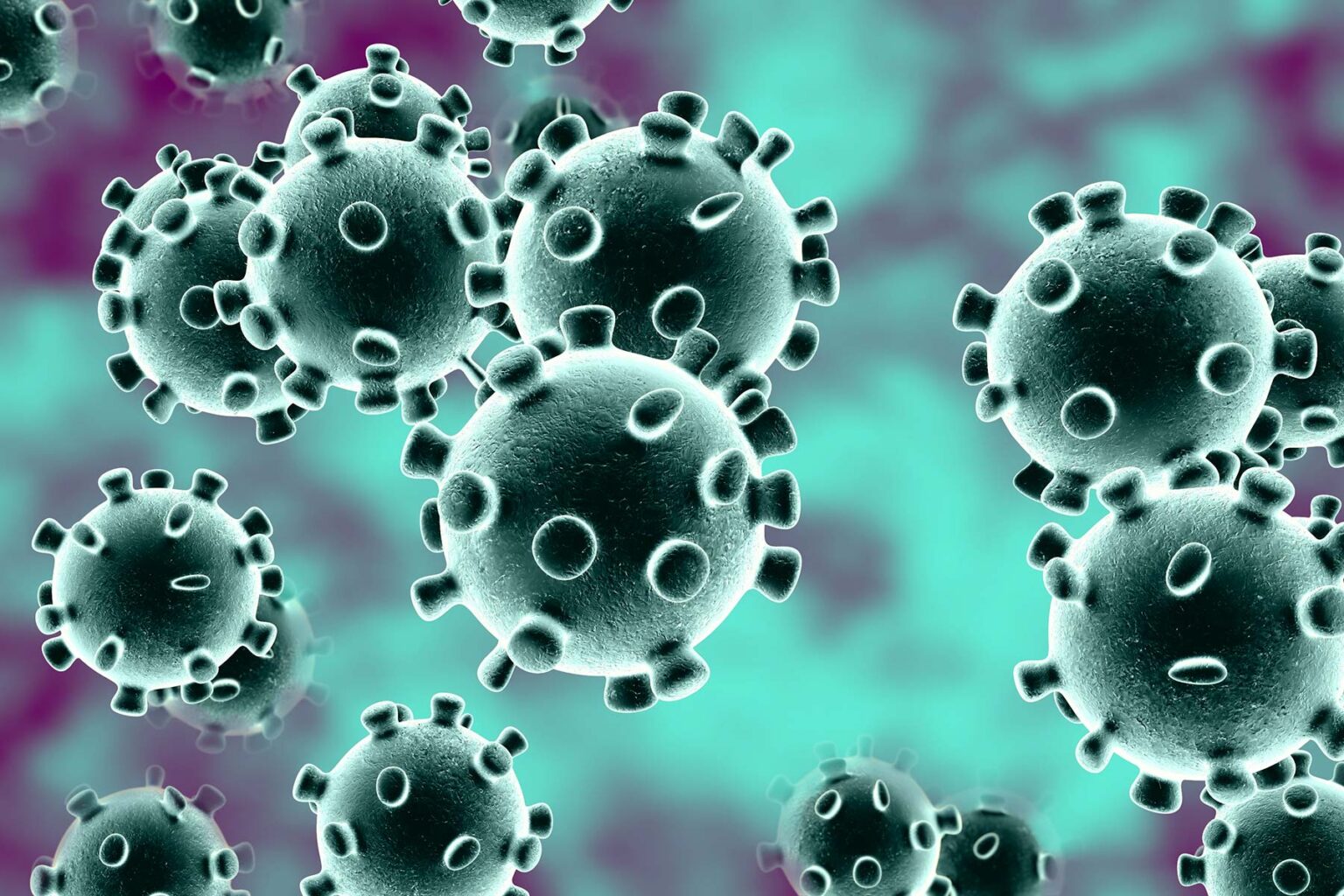
Is this Australian lab growing COVID creating another variant?
The Kirby Institute in Australia created a lab to grow coronavirus variants. And while this might seems stupid & outrageous, it serves a massive practical purpose in the fight against the virus. The work the researchers at the Kirby Institute are doing is incredibly important in finding vaccines & cures for the coronavirus.
The researchers & hospitals involved are taking every precaution to make sure the virus doesn’t escape the laboratory.

The lab
To understand how the Kirby Institute is creating new COVID-19 variants, you need to check out their insane laboratory. The Kirby Institute’s Containment Lab or the Physical Containment Level 3 Laboratory is a three-level pressure chamber.
Researchers have to go through three-negative pressure chambers before reaching the lab. A negative-pressure chamber creates a vacuum that sucks air inward. It’s crucial to ensure the virus has no chance of escaping. The Kirby Institute also used the laboratory for HIV research.
Researchers also put on different personal protection equipment at each level. One of which is taping gloves to their gowns to prevent the gown from riding up and exposing the wrist to the vaccine. It was also a common practice in the movie Outbreak. Another is putting on a $30,000 respirator that connects to researchers’ hooded, waterproof disposable gowns.

You need to remember everything you need before entering the laboratory, or you’ll have to exit each chamber and remove all the PPE and put new ones back on to reenter. Luckily for researchers, there is a system to get them the things they need. According to one of the researchers, there is a glass whiteboard where researchers can communicate with others outside the lab. The researchers outside transport the supplies via a trolley.

Finding a unicorn
After finding a “unicorn” patient in Australia, the lab has been working tirelessly to find new variants to understand and begin tweaking vaccines to the new strains. A “unicorn” patient is someone with an incredible immune response. According to The Guardian, most people develop a decent immune response once they attract the virus.
“But this guy’s response is 100 to 1,000-fold that,” virologist Stuart Turville explained to the publication. According to the Guardian, their unicorn is a father of three from New South Wales. He was diagnosed with COVID-19 in March with severe symptoms. They were so bad he ended up in the hospital, but he was sent home that day after receiving oxygen. He also tested negative every time he was tested.
“They kept on swabbing him and swabbing him, but they couldn’t find it … And it was only when they looked at his blood, his serum, they said, ‘Oh, yeah, you’ve had it. And you’ve got the most amazing immune response’,” he explained.

What’s special about this unicorn patent is that his immune response is long-lasting & hasn’t weakened. “To put it in context, we are eight or nine months out since he was infected. And he still ranks in the top 1% of responders,” Turville noted. Comparatively, most people are only immune for about five months, according to the Guardian.
Since finding out about his special relationship with the coronavirus, the “unicorn” patient donated blood & plasma over fifteen times. His and other patients with good immune systems are being turned into serum to help patients fighting the virus.

What’s it like working in the lab
Outside the arduous task of putting on all the PPE’s to get to work and the decontamination process to leave at the end of the day, these researchers are working twelve-hour days. There is at least one person in the lab until three am.
Stuart Turville commented on how stressful the job is but how incredibly rewarding the work is. “And when they go home they can know they are working on a part of a jigsaw puzzle that will help save people’s lives. I just really want to see their work highlighted and appreciated, because they’re such great people and they work so hard.”







